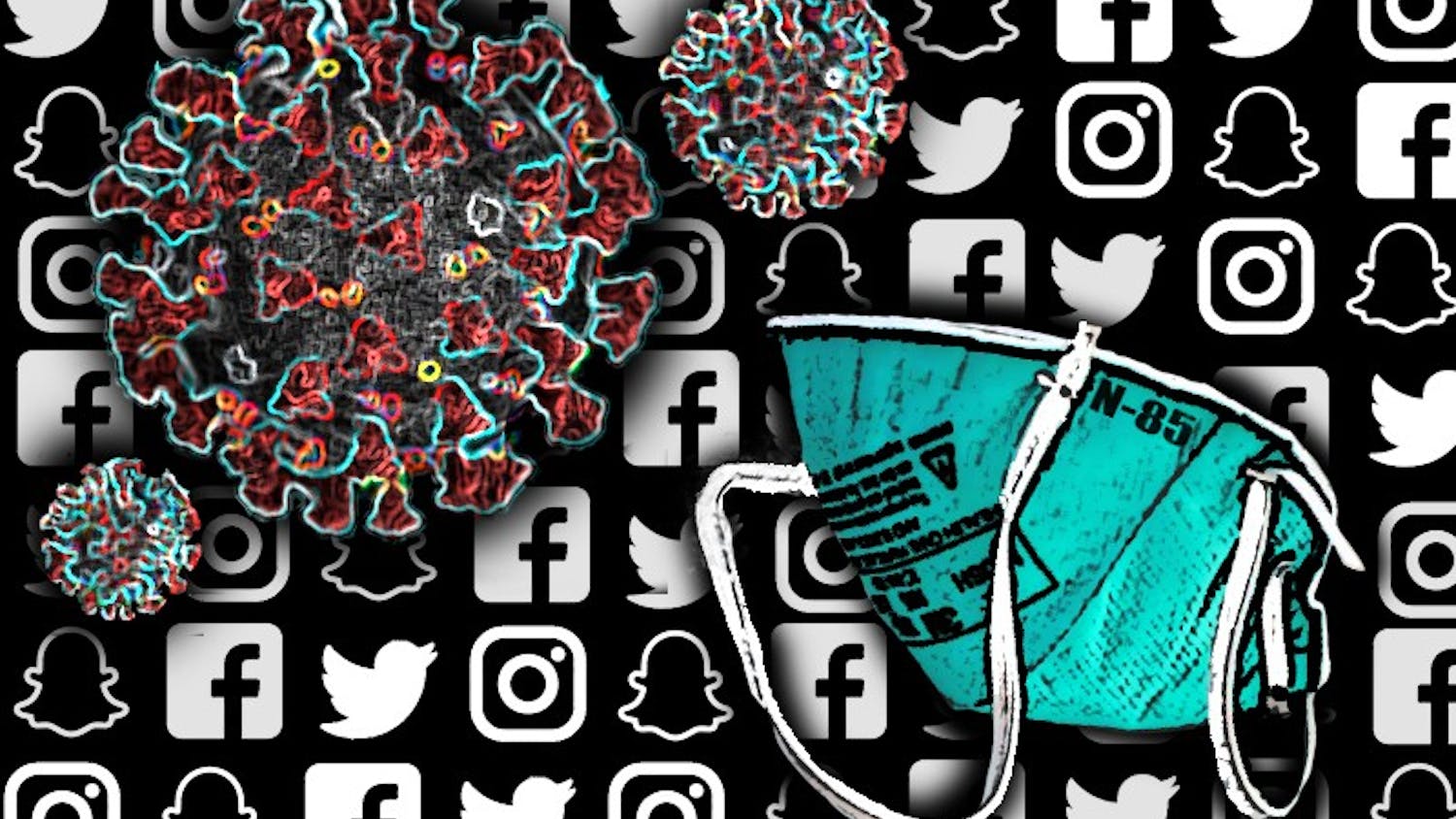Panic over COVID-19 has incited racist responses by some Dartmouth students, but anti-East Asian sentiment on campus is nothing new.
The COVID-19 pandemic and the United States’ lackluster response have been taxing on all of us. However, the past weeks have been an especially tumultuous time for people of East Asian descent. Chinese people are now facing increased hostility as they’re unfairly targeted as the creators and transmitters of the virus. But this racism is not a novel problem. Anti-East Asian rhetoric — including fetishization of East Asian bodies, verbal attacks on Chinese and Korean students’ homelands and generalizing perspectives on all Asians — has long been present on Dartmouth’s campus and those of other colleges.
The FBI has recently warned that “hate crime incidents against Asian Americans likely will surge across the United States, due to the spread of coronavirus disease … endangering Asian American communities.” Idealists would hope that Dartmouth would be immune to such incidents and that Dartmouth students would possess enough social awareness to avoid the racist generalizations and comments that make East Asian students feel unwelcome.
Yet, the unfortunate truth is that elite institutions like Dartmouth contain no shortage of students espousing harmful views. And even if some realize those views are harmful, many are both complicit in and content with maintaining them.
This much has been evident on the anonymous student message board, Librex, which has seen a startling number of racist coronavirus-related posts directed at Asian students.
A quick scan of Librex finds posts mocking East Asian names and spellings and references to COVID-19 as the “Kung Flu” and the “Chinavirus.” The repeated use of such derogatory speech portrays Asians as diseased and disgusting. Implicit in this response is the belief that Asians somehow “caused” the virus, which harkens back to Yellow Peril-esque caricatures. Willingness to express this speech, even "ironically," alludes to these deeply held notions.
This form of offensive rhetoric has long existed on Dartmouth’s campus. A Dartmouth Review article from January titled “Take Up the White Man’s Fetish” features an “ode” to a mixed white-Asian woman, casually referencing “yellow fever” and portraying the woman as some elusive creature to be sexually conquered. Dartmouth students have also been the victims of Asian slurs long before the coronavirus-induced spikes in racism. Asian students at Dartmouth have, on separate occasions, had racist slurs written on their doors and have been targeted by emails containing explicit content and derisive language. These large-scale incidents don’t encompass every minor occurrence: it is the use of such language in daily life that makes East Asian students feel so unwelcome. The continued trivialization of — and disregard for — this harmful rhetoric is what allows inequality and injustice to remain so ingrained within the community.
I have been on campus for less than a year. But as a Korean woman, I am already tired. It’s exhausting and anger-inducing to constantly be confronted with rhetoric that reduces Asians to stereotypes. Asian-Americans on campus today are pitted against decades of Americans seeing East Asians as the eternal, exotic “other,” the harbinger of “strange” customs and, now, disease.
I believe that we can do better as a community. It is difficult, however, when people are so entrenched in their biases that they don’t recognize their existence, or when the prevailing system does little to challenge those biases. East Asian people like myself should not have to accept this speech as a part of life, nor strive to fit into some assimilationist fantasy.
But an unjust hierarchy is built into the fabric of our nation. COVID-19 has made it even more evident how quickly people are willing to target minorities in times of crisis. Unfortunately, this hate speech and stereotyping of East Asians did not arrive with the coronavirus, nor will it leave with it. And so I’m left with a bitter taste in my mouth, because I, and other East Asians in America like myself, can’t tackle all these peoples’ beliefs — nor is it our job to. We can and should organize, stand in solidarity with other people of color and fight for the respect that we deserve. But this racism is something deeply tied into our national fabric, and it is not something that can be repaired with simple demands for respect.



